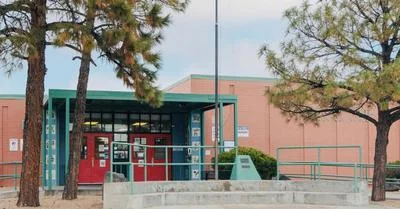Sandia National Laboratories has recently announced that nuclear engineer Sal Rodriguez is leading an innovative rocket project in collaboration with the University of New Mexico and student Graham Monroe. The initiative, which has its roots in Monroe's work as a student intern with Rodriguez at Sandia in 2019, has evolved into Monroe's master's thesis project. This builds upon Rodriguez's copyrighted dimpling program from 2014.
According to a press release by Sandia National Laboratories, the rocket, fitted with the dimpled nose cone, underwent testing in 2022. The results revealed a significant 25% reduction in airflow drag compared to a version without dimples. These experiments demonstrated that the precise placement and size of dimples contribute significantly to efficiency.
Monroe shared his experience and interest in aerodynamics, stating: "I was always interested in aerodynamics," according to a press release by Sandia National Laboratories. "I was working on my bachelor’s in engineering degree in 2019 when I took part in the Lobo Launch at the Spaceport America Cup. Meanwhile, Sal was researching some dimpling projects. We started talking and came up with the idea of dimpling the nose cone of a rocket."
Rodriguez expanded on potential applications for this technology: "We can apply [it] to rockets, aircraft, cars, electronic vehicles, submarines, drones and wind turbine blades," he said. "We can extend the distance that they can travel or the energy they harvest. Dimpling will have a beneficial effect on aerodynamics. We will be able to design rockets that can carry a much heavier payload in space and make space exploration more affordable by at least 10 to 20 percent."
Sandia National Laboratories' primary focus is national security; it applies scientific expertise to detect, repel, defeat or mitigate threats. It is operated by National Technology and Engineering Solutions of Sandia LLC., a subsidiary of Honeywell International Inc., and serves as a contractor for the U.S. Department of Energy's National Nuclear Security Administration (NNSA), according to the about webpage provided by Sandia National Laboratories.









